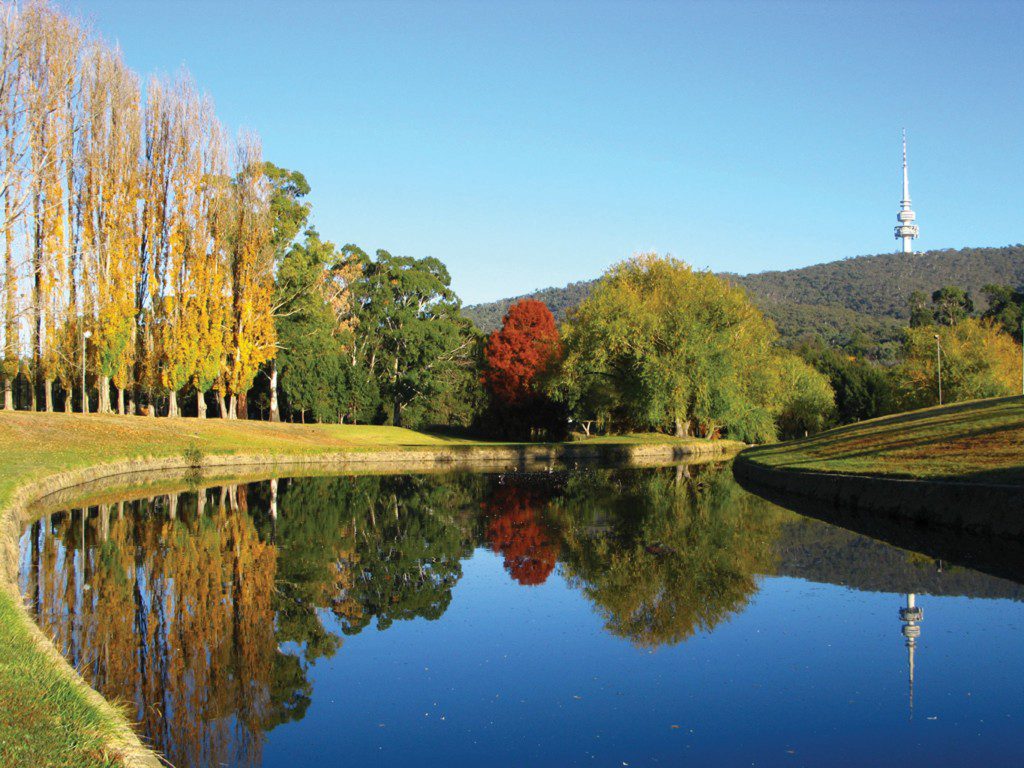Starting in 2021, the University plans to develop and implement a ‘Social Cohesion and Outreach’ plan to help “build resilience…against efforts to interfere with freedom of speech on campus”. The ‘outreach’ program, called Cyber Sense, aims to increase training activities to ensure safety of the ANU community online in regards to foreign interference.
According to an ANU spokesperson, “[b]uilding social cohesion is important to ensure a high quality student experience and means that we are stronger as a community”.
This program was first outlined in the ANU’s submission to the Parliamentary Joint Committee on Intelligence and Security (PJCIS) Inquiry into Foreign Interference in Universities, that took place on March 19th.
During the inquiry, Deputy-Chair Anthony Byrne MP raised concerns with Vice Chancellor Brian Schmidt regarding the issues faced by international students. Specifically, Byrne highlighted the pressures some international students may face from their governments, emissaries, or agents, and questioned whether the pastoral care received by on-campus international students is enough. To this, Schmidt assured the Committee that ANU residential halls have sufficient Senior Residents (SRs) at a 25:1 ratio for pastoral care. He also indicated that there are ample activities in Canberra and on campus for international students to both connect with their own cultures and assimilate with “Australian values”. These activities are held by respective foreign embassies located near campus, the University’s clubs and societies, and country-specific academic courses specialising in international relations, economics, and political science. Regarding foreign interference and free speech, Schmidt disclosed that
We have open, free campuses. If a student chooses to make statements that are counter to their home nation’s views, we have a great deal of challenge to not have that recorded and used against them or their family at home… it is actually an existential threat to the types of things that we do on a campus, so we are concerned about it.
As such, he pointed towards the need for the Social Cohesion and Outreach initiative, whereby “our students and the international students get a great experience”. “Programs that champion and promote will help address [the issue]” of how many international students find it “hard to connect with other students”, states an ANU spokesperson.
An ANU spokesperson also told Woroni that
Social cohesion refers to the University’s intention to increase and build on existing awareness of freedom of speech, foreign interference and cyber security; equip our people with the skills, knowledge and resilience needed to successfully navigate these complex areas; and to build a common culture and understanding across our campus to ensure we are all working collectively and effectively on these importance issues.
Professor Ian Anderson, the Deputy Vice Chancellor (Student and University Experience), will lead the social cohesion initiative. The Information Security Office will lead the Cyber Sense program.
We acknowledge the Ngunnawal and Ngambri people, who are the Traditional Custodians of the land on which Woroni, Woroni Radio and Woroni TV are created, edited, published, printed and distributed. We pay our respects to Elders past and present. We acknowledge that the name Woroni was taken from the Wadi Wadi Nation without permission, and we are striving to do better for future reconciliation.
